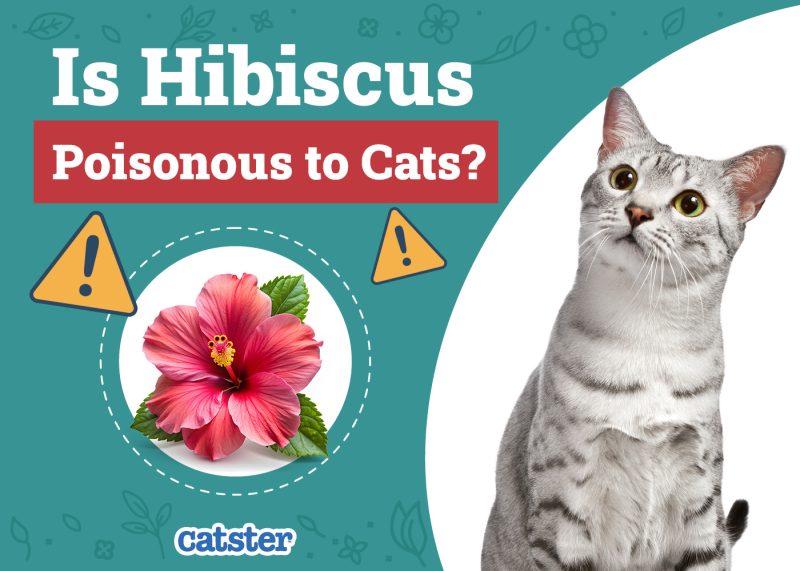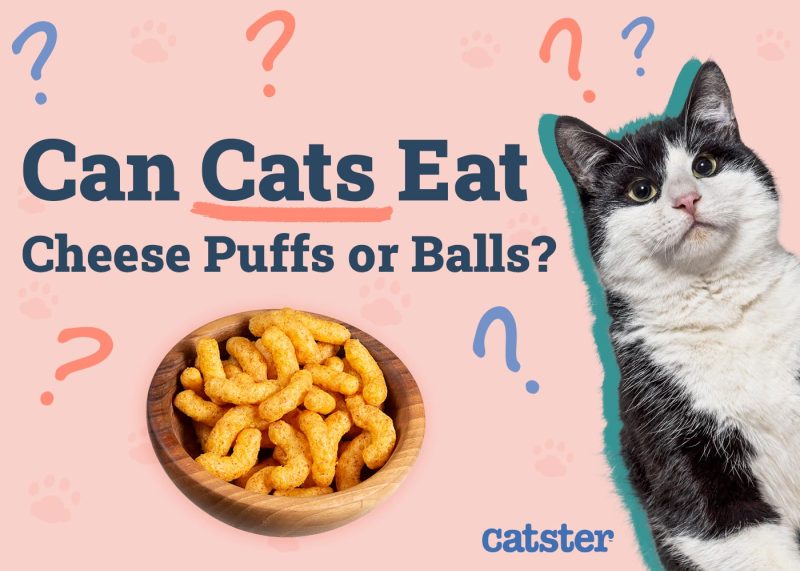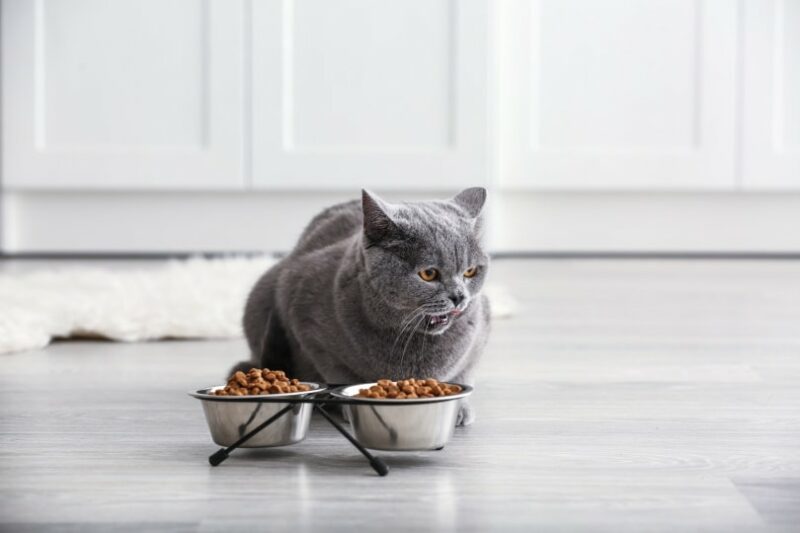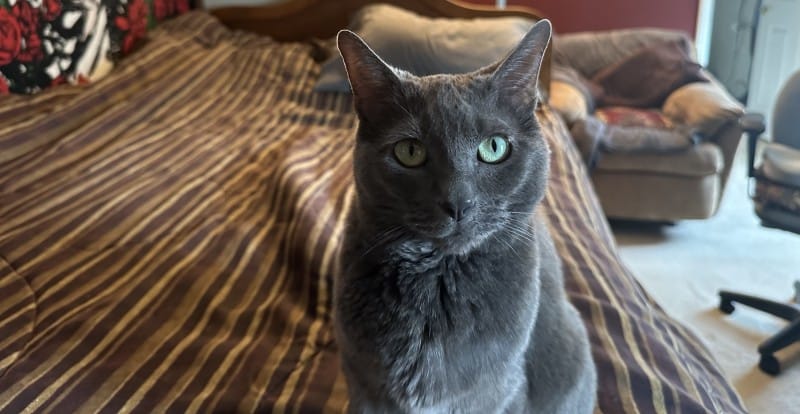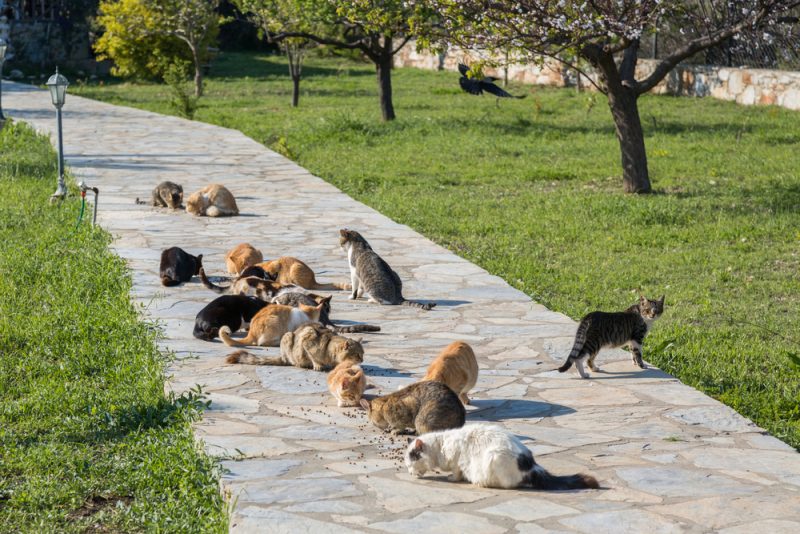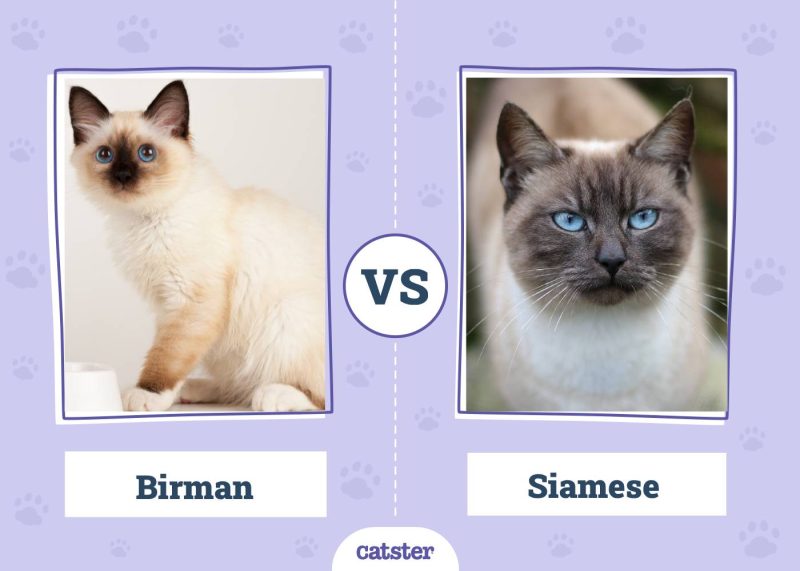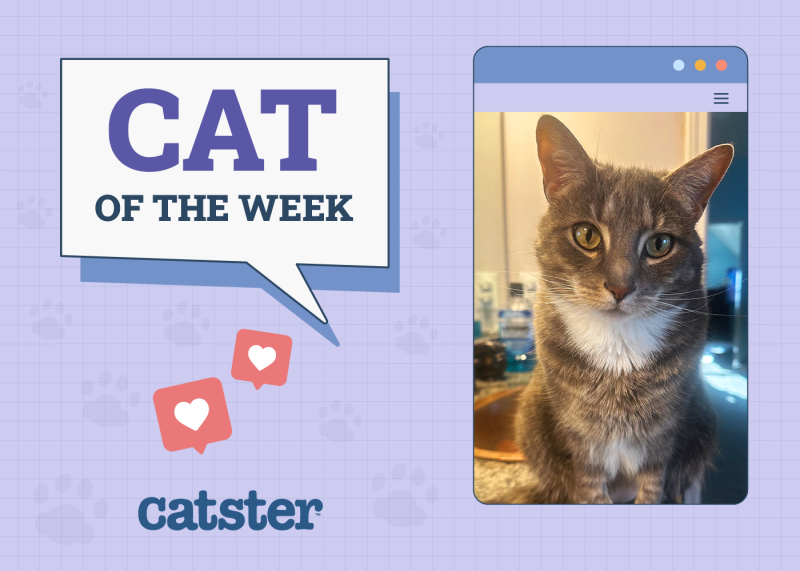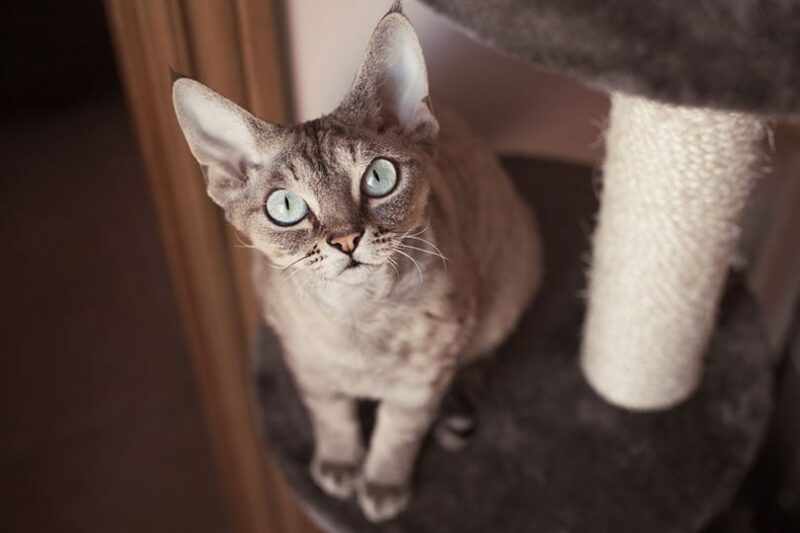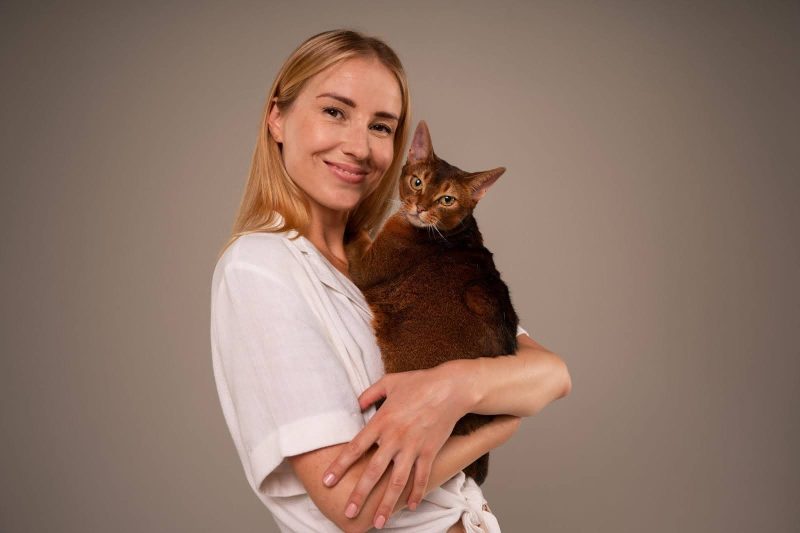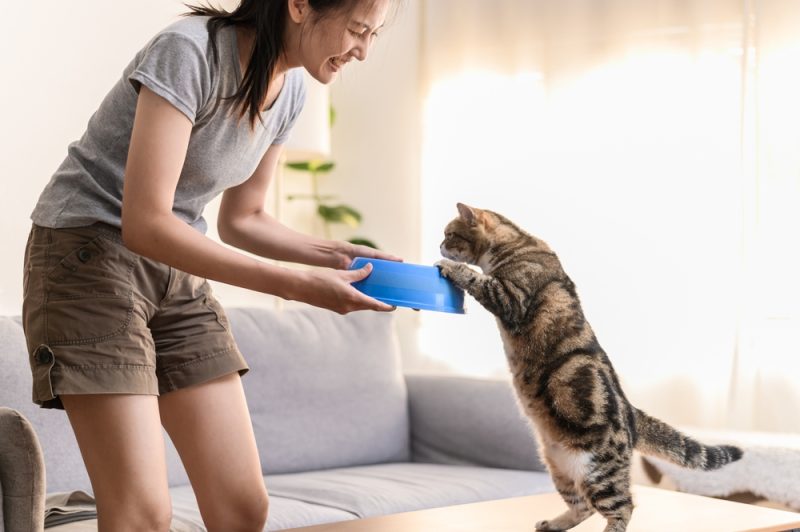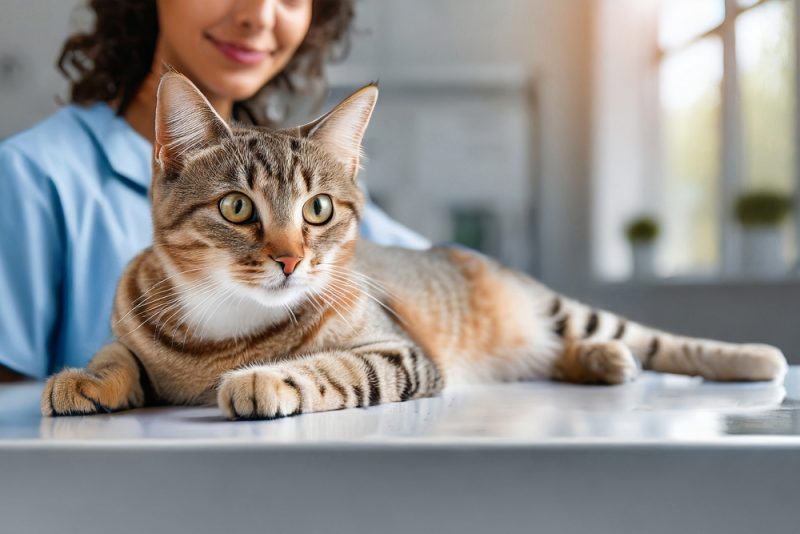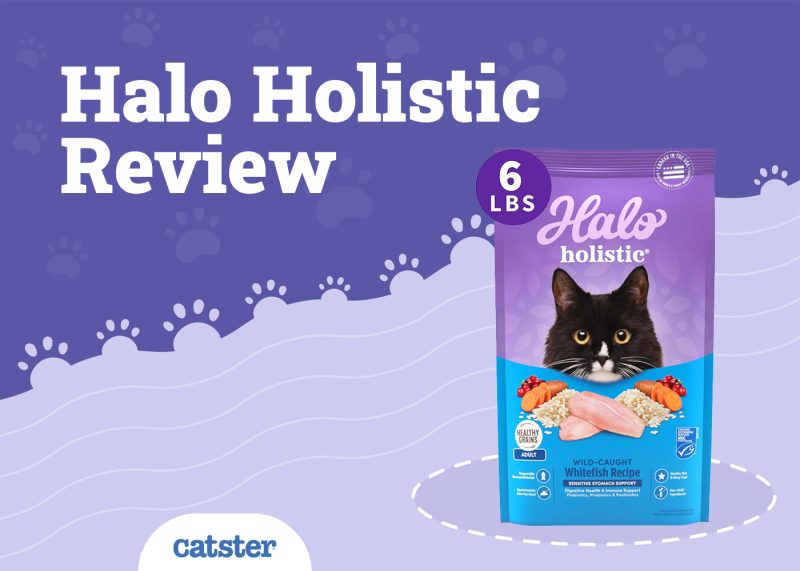In this article
Hibiscus plants produce gorgeous, colorful flowers and are relatively easy to grow in pots to keep indoors. If you’re growing these plants and your cat won’t leave them alone, you’re surely feeling frustrated. You’re probably even wondering if your cat’s health is in danger because they’re nibbling on your hibiscus plants. You don’t have to be concerned about hibiscus poisoning your cat because the American Society for the Prevention of Cruelty to Animals (ASPAC) tells us that hibiscus isn’t poisonous to cats.

Why Cats Are Attracted to Hibiscus Plants
Knowing that felines are meat-eaters, it may seem odd to see your cat nibbling on hibiscus and other houseplants you have around your home. But as you know, cats are curious creatures that love exploring their surroundings, and sometimes their curiosity gets them in trouble!
While it’s not known for sure why cats nibble on houseplants, there are some theories regarding this behavior. Many people believe that cats eat hibiscus and other plants to make up for a nutritional deficiency or to soothe an upset tummy.
It’s also believed that cats go after hibiscus and other plants simply because they’re playful and inquisitive animals that like to have fun while getting acquainted with their surroundings. Whatever the reason, it’s important to choose non-poisonous houseplants that won’t harm your cat’s health and well-being.
Cat-Safe Houseplants
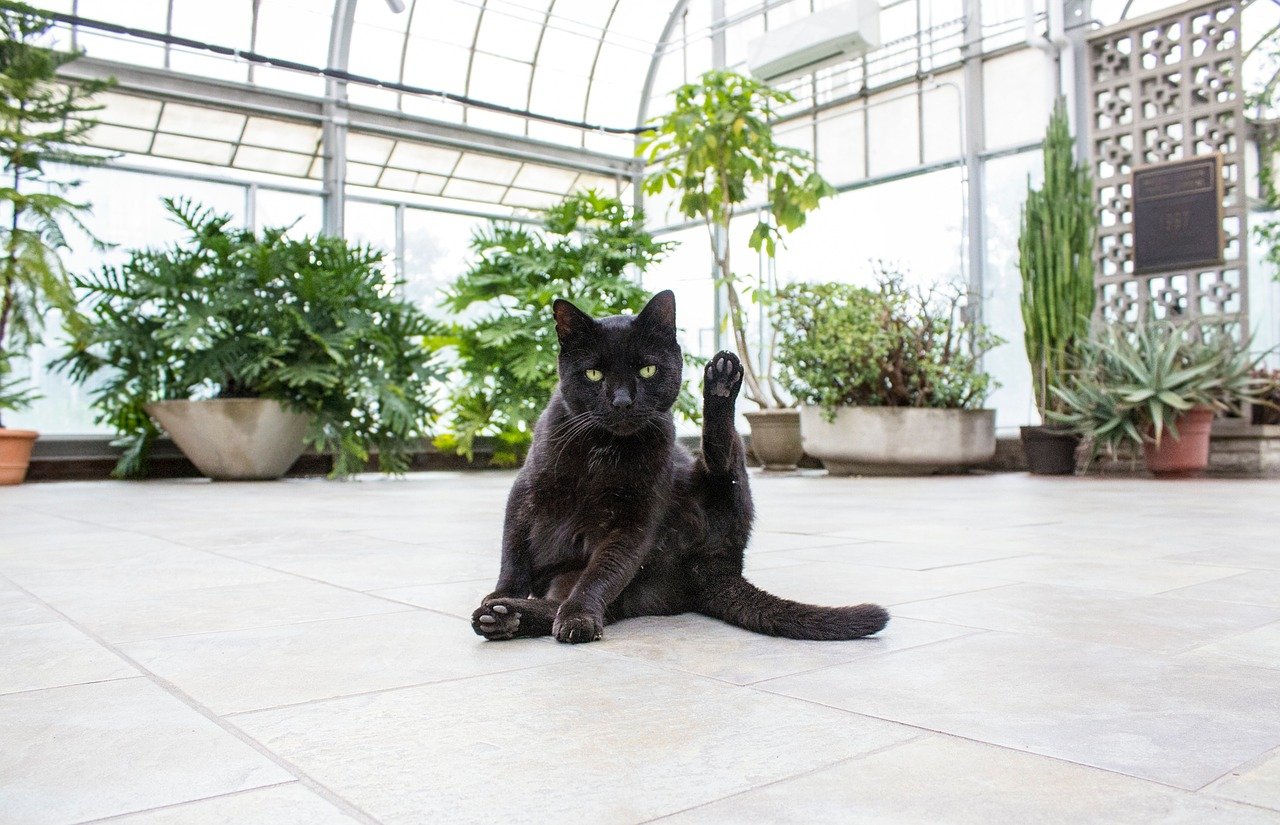
There are many houseplants you can keep at home that are not poisonous to cats. Here is a list of our favorite houseplants that are cat-safe.
- African Violet
- Boston Fern
- Orchid
- Bromeliad
- Strawberry Begonias (aka Strawberry Geraniums)
- Friendship Plant
- Venus Fly Trap
- Impatiens
- Spider Plant
- Bamboo Palm
- Swedish Ivy
- Purple Passion Vine
- Jacob’s Ladder
This is not an extensive list, as there are hundreds of plants that are safe to grow around cats. If you’re unsure if a plant you like is safe for your cat to be around, ask a vet or check the ASPCA website.
If you need to speak with a vet but can't get to one, head over to PangoVet. It's an online service where you can talk to a vet online and get the advice you need for your pet — all at an affordable price!


Keep Your Cat Far Away From These Plants
If you’re a plant lover with a green thumb and you own a cat, you should take an inventory of the plants in your home and yard to identify any that are toxic to them.
We’ve put together this list of common plants that are poisonous to cats to help you out. If you have any of these plants growing in your home or yard, you should remove them to protect your cat.
- Amaryllis
- Begonias
- English Ivy
- Hyacinth
- Peace Lily
- Oleander
- Daffodils
- Yew
- Sago Palm
- Autumn Crocus
- Devil’s Ivy
- Hyacinth
- Azalea
- Rhododendron
- Lemon Grass
- Castor Bean
- Leek
- Clematis
- Dahlia
- English Holly
- Fig
- Primrose
- Golden Birds Nest
- Lavender
- Marble Queen

Signs of Plant Poisoning in Cats
Depending on the plant species a cat has ingested, the early signs of poisoning vary considerably. Plants considered irritants can cause cats to experience itchiness, red and watery eyes, and irritation around the mouth. Other plants can affect the gastrointestinal tract of cats, which can cause vomiting and diarrhea.
In the worst-case scenario, a cat that has ingested a toxic plant may show clear signs of poisoning, which include:
- Difficulty breathing
- Drooling
- Pale gums
- Loss of appetite
- Difficulty swallowing
- Excessive thirst
- Frequent urination
- Irregular heartbeat
- Fatigue and overall weakness
- Nervousness, muscle tremors, or seizures
What to Do if Your Cat Eats a Poisonous Plant
If you suspect that your cat has eaten a poisonous plant, you should take action right away. The first thing you should do is move your cat to a safe location that’s away from the plant. Then, remove any remnants of the plant your cat may have around their mouth, paws, or fur.
Once your cat is safe, identify the plant so you know its name. It’s a good idea to use your phone to snap a quick photo of the plant. You can even use one of the many Android or iPhone apps to help you identify plants you’ve taken photos of. Once you’ve done this bit of work, give a veterinarian a call to report what has happened.
The vet may tell you to bring your cat in for an exam. If this happens, take a sample of the plant with you, as it will help the vet plan any necessary treatment.

Conclusion
Hibiscus is not poisonous to cats, so don’t worry if your feline eats some of these flowers, leaves, or stems. Cats are inquisitive animals that routinely nibble on plants they run across to see how they taste or help relieve an upset stomach.
As a cat owner, it’s up to you to keep your cat safe. Thankfully, there are many non-poisonous houseplants you can grow that won’t harm your cat.
Featured Image Credit by: billyghawaii, Pixabay
